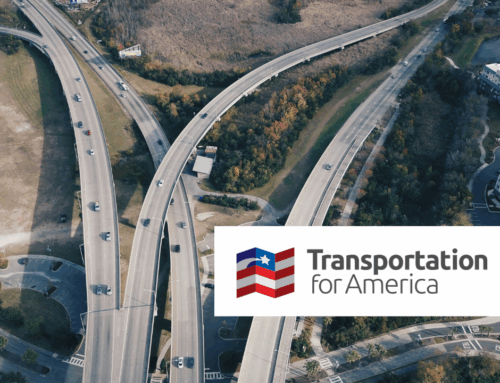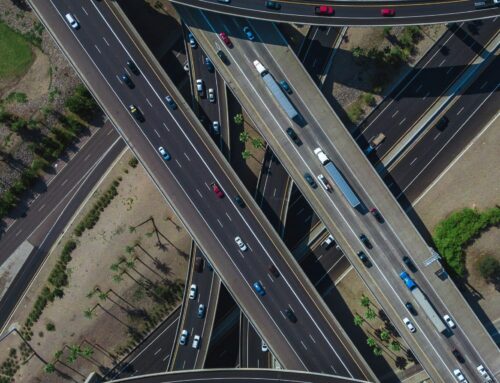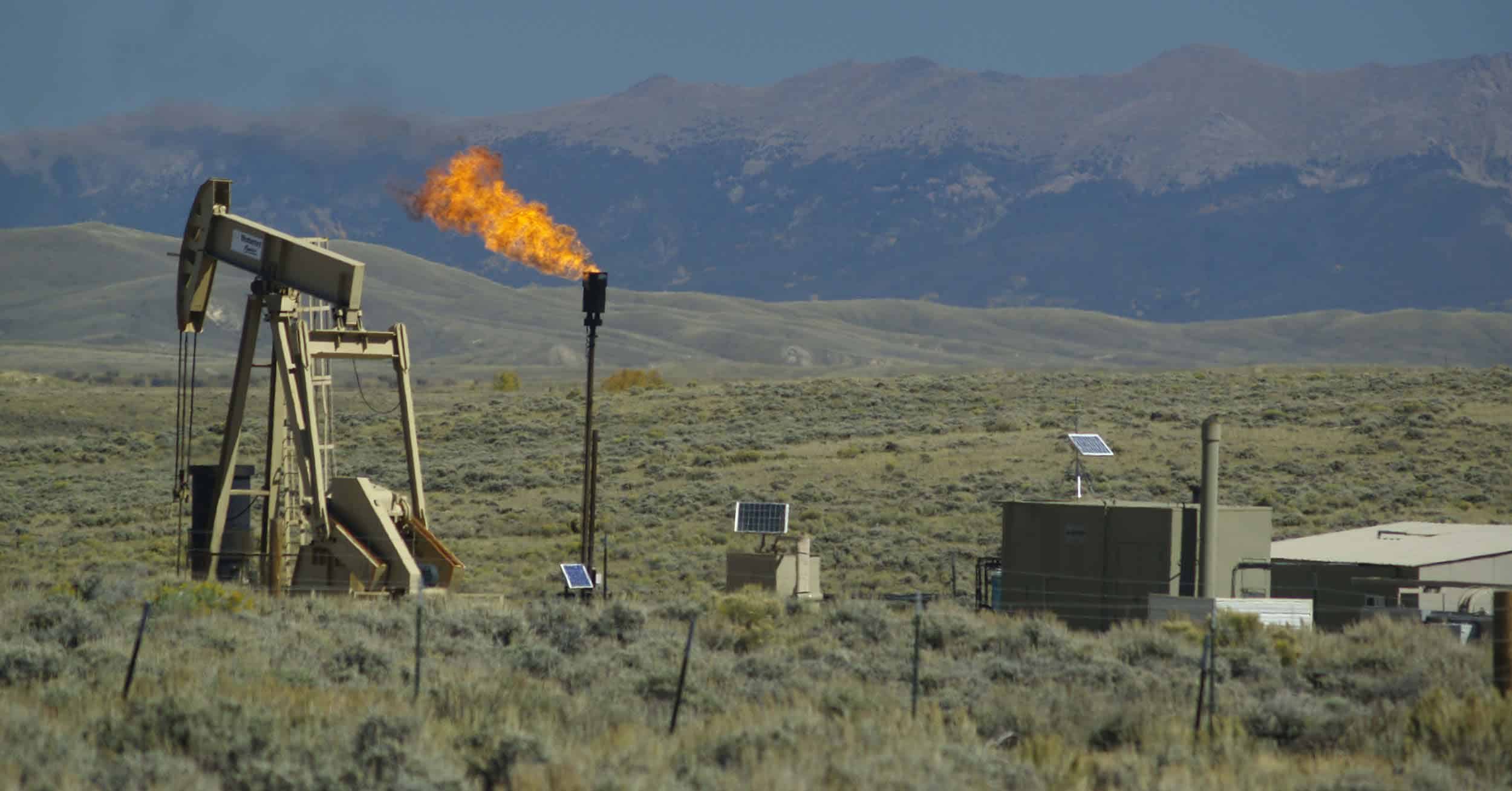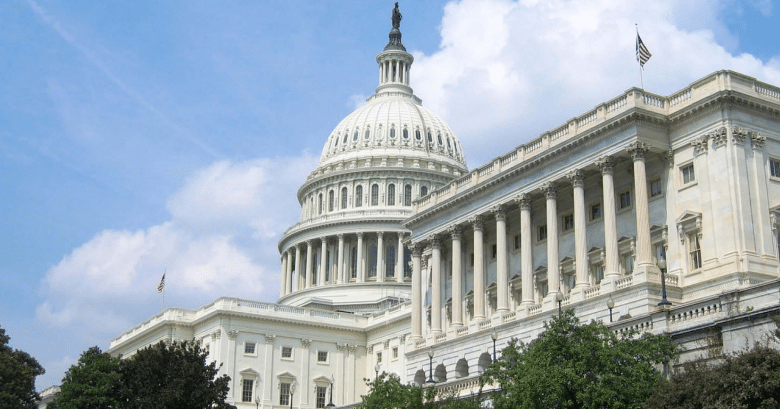In case you missed it, the American Association of State and Highway Officials (AASHTO) earlier this week announced its proposal for a six-year, $545 billion transportation reauthorization bill. This would be nearly double the $286 billion provided in the last bill, SAFETEA-LU, which passed in 2005. The current bill expires in September.
This amount includes:
- $375 billion for highways
- $93 billion for transit;
- $42 billion for freight improvements (from sources outside the Highway Trust Fund), and;
- $35 billion dedicated funding for intercity passenger rail.
Several items jump out:
- AASHTO proposes “holding” earmarks to only 5% of the total spending. While this would be a lower percentage of the total bill going to earmarks, it would be a marked increase in total earmark spending, from $24.2 billion in 2005 to $27.3 billion. That’s a nearly 13-percent increase. This would be irresponsible and wasteful. A 2007 DOT IG report about earmarks concluded: “…earmarks may not be the most effective or efficient use of funds…” and found that many earmarks for projects considered lower priority were moving those projects ahead of higher priority projects.
- To pay for this increase in spending, AASHTO proposes a buffet of revenue raisers and urges Congress to pick and choose to get to the recommended spending level. These include a 1-cent increase in gasoline tax; container fees at U.S. ports; and a national vehicle sales tax, among others. Not to say we support any of the revenue generators that AASHTO has proposed, but we absolutely agree that any increase in spending needs to be fully offset, either with new revenue or spending cuts. The last transportation bill and most Congressional spending recently has been on borrowed dollars, and that must end.
- AASHTO should be applauded for encouraging a greater focus on fixing the infrastructure we currently have in place; targeting dollars to inexpensive, quickly deployed projects that will have a great impact on congestion (what they call their “operations” program); and improving the safety of our transportation system. These should be the guiding principles of the next transportation authorization bill.
- AASHTO also calls for moving to a distance-based user fee, to replace the per gallon tax that currently funds our transportation program. This is a topic that deserves serious attention from Congress. For a number of reasons, the ‘per gallon’ charge is no longer sustainable, and maintaining our transportation system is going to require a shift away from this approach. We aren’t ready yet to say that a distance-based fee is the right way to do this, but we do appreciate that AASHTO is raising this issue and hope for some vigorous debate in the months to come.










